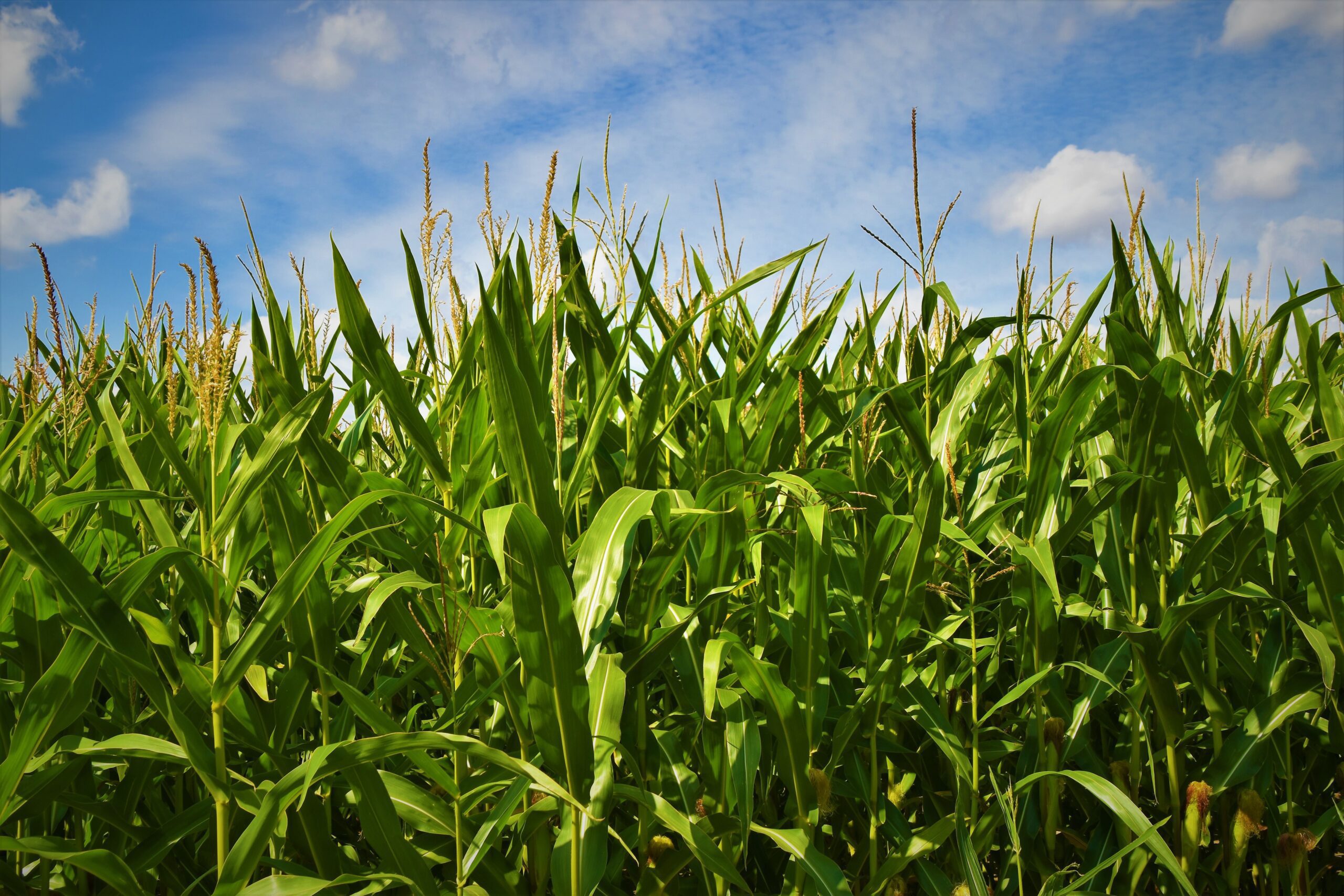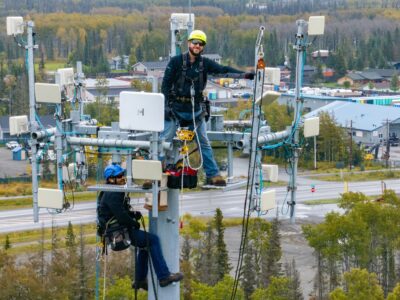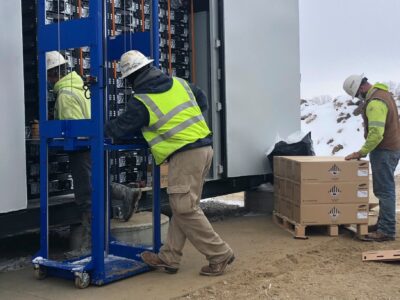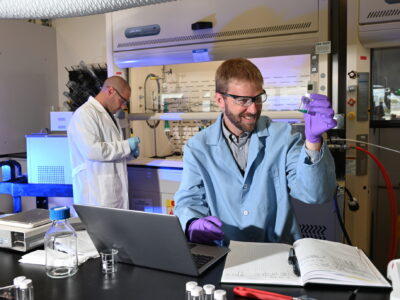Anyone who makes a living as a farmer is aware of the risks that come with the job, whether those risks are related to weather, market forces or shifts in public policy. A prolonged drought or sudden tariff on certain crops can have a huge impact on production and demand. When something totally unexpected like the COVID-19 pandemic gets added to the mix, it puts farmers under even more pressure to adapt and think creatively.
That’s the challenge facing farmers in 2020, and many are working overtime to come up with solutions. One of those farmers is Ben Riensche, a former banker who now serves as owner and manager of Blue Diamond Farming Company in Jesup, Iowa. Riensche, 58, runs the family farm along with his wife Lisa, father Roland, and four grown children. The farm spans 18,000 acres of corn, soybeans and wheat and dates back more than 150 years, to its founding by German immigrant Friedrich Wilhelm Riensche.
Like other farmers in Iowa, Ben Riensche has his hands full this year dealing not only with the effects of climate change and a trade war but also with the fallout from COVID-19. The virus has disrupted agricultural markets amid mass closings of schools, restaurants, hotels and meatpacking plants – all major farm customers. As the Des Moines Register reported in May, prices have tumbled for Iowa farm staples such as corn, soybeans, pork, beef, milk and eggs.
The key to overcoming these kinds of challenges is innovation, and in that respect, Riensche is an industry leader. He’s earned a reputation as a maverick for his ideas on how farmers can use technology and new techniques to deal with issues ranging from climate change to the pricing of crops. Riensche makes use of different public platforms to advance his ideas about innovation, one of which is his position as Chairman of the Board for Indigo Research Partners, a group of farmers dedicated to agricultural technology research and development.
On his own farm, Riensche has adopted new technologies to increase efficiency and reduce the farm’s carbon footprint. For example, he uses data analytics provided by Climate Corp. to help reduce the amount of seed and fertilizer his farm uses without hurting the quality or quantity of its crops. Riensche also uses drones to help monitor crops, as well as soil moisture probes that provide real-time analyses of soil conditions.
In a report presented as part of the 2019 Sustainable Development Impact Summit, Riensche discussed different practices farmers can adopt to reduce the amount of greenhouse gas trapped in the atmosphere. These practices include reducing tillage, expanding crop rotations and planting more cover crops. Cover crops are non-cash crops used to protect or improve the soil between periods of regular crop production.
Riensche is also an advocate of reintegrating livestock into crop production systems, which means raising both crops and livestock on the same land so that manure produced by animals can be used to fertilize vegetable crops. That used to be a pretty standard practice in farming, but today many farms separate vegetable and dairy/livestock production.
As Midwest Organic & Sustainable Education Service points out, separating livestock from crops creates a reliance on commercial fertilizer for vegetable farms and a concentration of manure nutrients on livestock ranches. “If the nutrients going into livestock operations are coming from outside the area, it can potentially lead to excesses that cause over-fertility, environmental concerns and non-point source pollution.”
One of the main challenges to getting more farmers to adopt new and innovative practices is convincing them that it’s worth their while. “Pursuing a greener production system requires farmers to embark on uncharted territories with no guarantee of immediate success,” Riensche noted in his report to the Sustainable Development Impact Summit. “Farmers usually experience decreased yields during the transition process, as they gain the required experience to learn and perfect the implementation of more regenerative and beneficial practices.”
In the U.S., Riensche said, farmers “face systematic financial challenges, like difficulty accessing sustainable inputs at a reasonable price. Farm input suppliers are highly concentrated, exerting significant pricing power and making systems innovation unattractive to their bottom line. The resulting high operating costs, along with the required upfront costs, increase the need for access to external capital.”
Farmers can be incentivized to improve the health of their soil by de-commoditizing production and making it easier to identify and track producers as food makes its way from the farm to the table, Riensche said. “Doing so would unlock consumer demand as an incentive for greener farming. If consumers are willing to pay a higher price for food products that have been grown in an environmentally friendly manner, the economics of the system could be turned on its head.”
Meanwhile, government leaders in Iowa look to help farmers overcome some of their current economic challenges – including lost revenue due to COVID-19 – by expanding the types of crops they can grow.
In December, Governor Kim Reynolds signed a bill into law that allows Iowa farmers to legally grow industrial hemp. The bill, formally known as the Iowa Hemp Act, would allow licensed growers to cultivate hemp on up to 40 acres.





